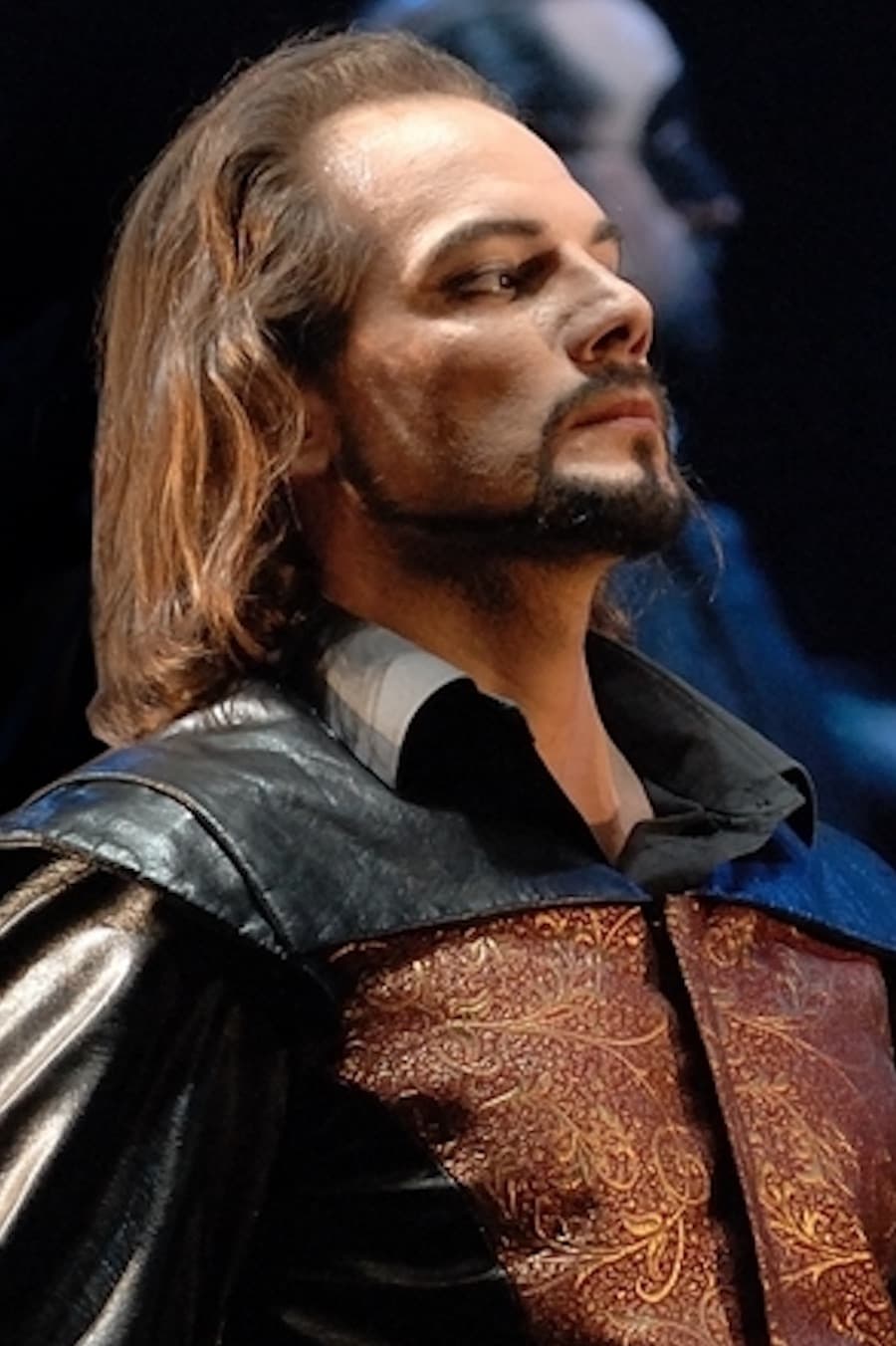
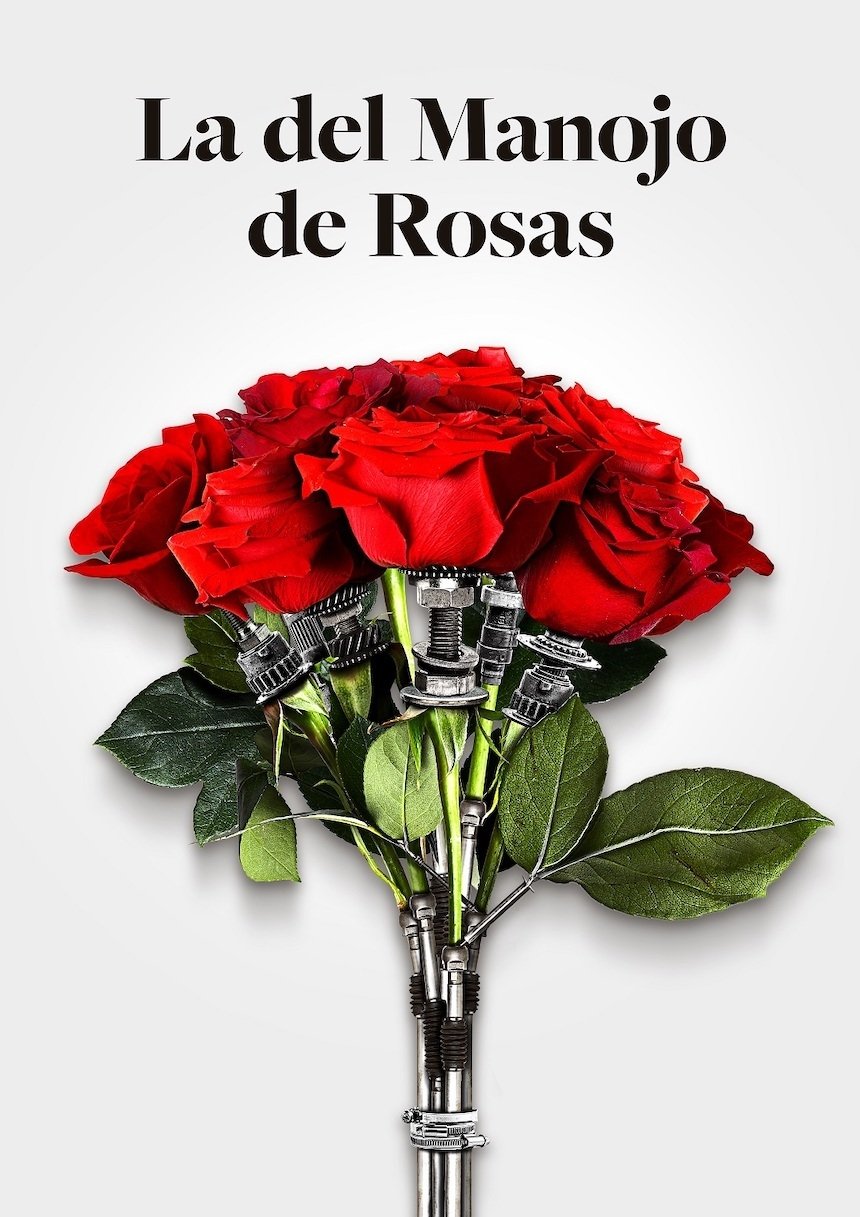
La del manojo de rosas, the Teatro de la Zarzuela's most emblematic and popular production, turns 30 years old. At its premiere in September 1990, it was very well received by the public and critics, and has continued to be so during the last three decades. Several generations of singers, artists, technicians and the public have enjoyed what is now Sorozábal's best-known zarzuela.

Lyric comedy in three acts. New production from El Teatro de la Zarzuela, in co-production with Gran Teatre del Liceu and Ópera de Lausanne. Broadcast live from Teatro de la Zarzuela on May 29, 2019.
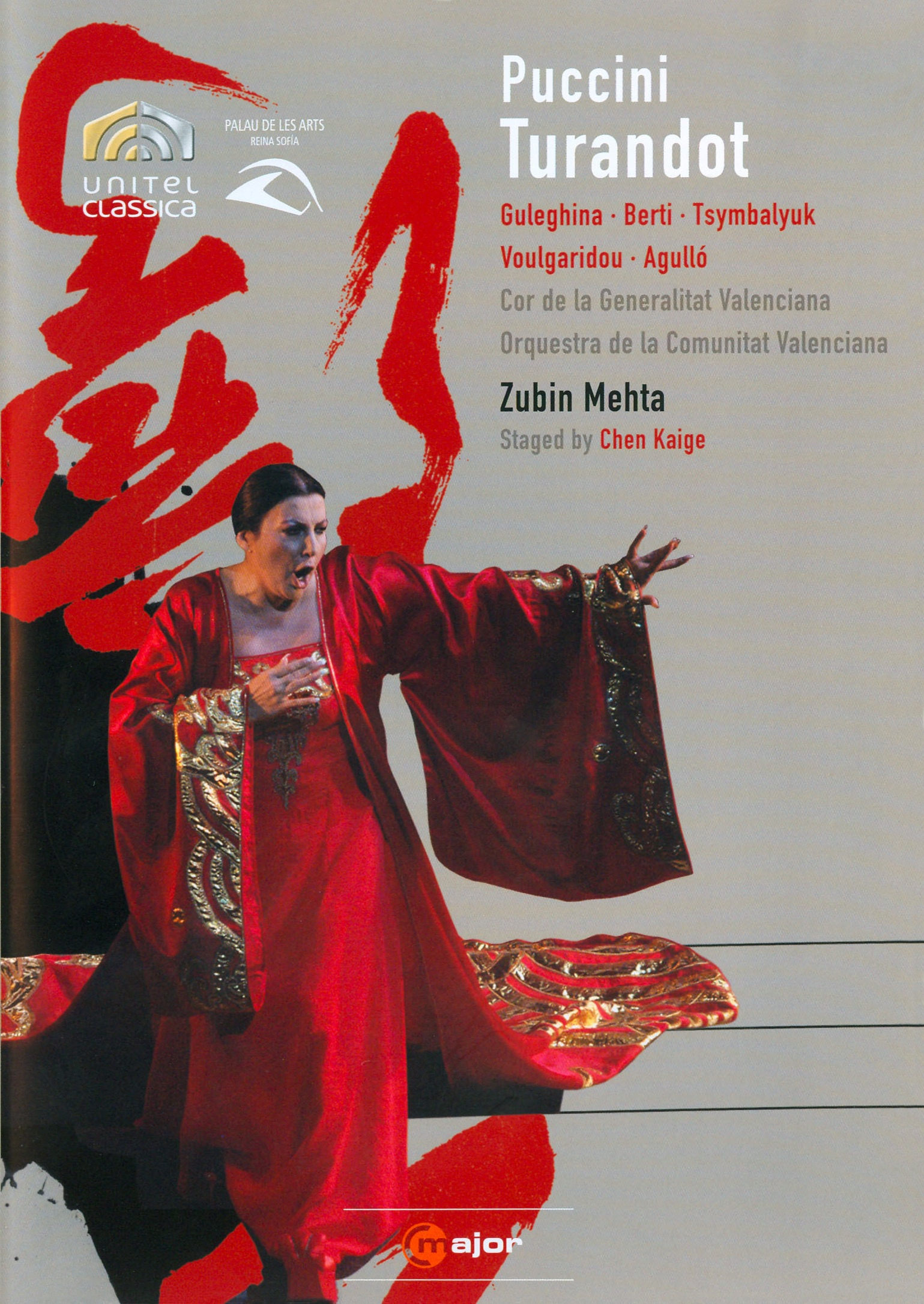
Internationally acclaimed Chinese film-maker Chen Kaige delivers an opulent staging of the fairy-tale story of Chinese Princess Turandot, who will only marry a prince capable of solving her riddles. With sumptuous costumes and palace sets designed in China, Kaige's production adds a compellingly authentic accent to Puccini's exotic orchestral palette. Zubin Metha and his brilliant Orquestra de la Comunitet Valenciana offer "genuine foreworks of sound" (Wiener Zeitung), Maria Guleghina triumphs as Turandot. Recorded in 2008 at the Palau de les Arts in Valencia. Zubin Mehta (conductor).
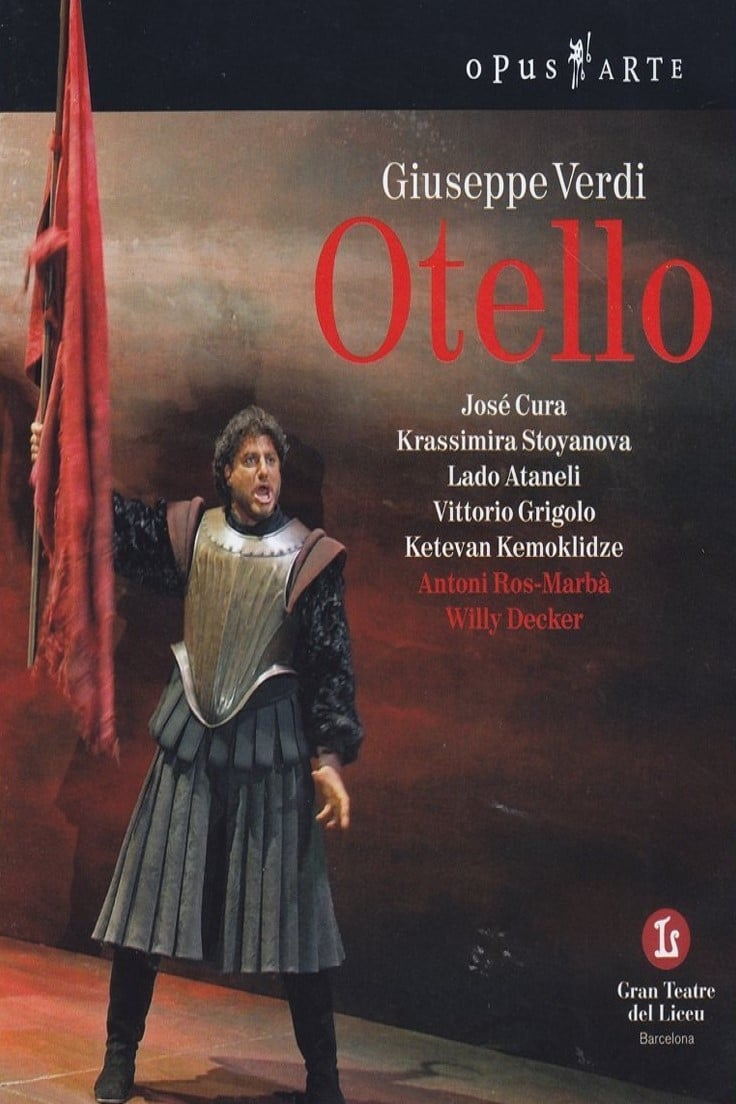
José Cura sings and acts here with an inwardness and intensity which make a profound impression. So does Krassimira Stoyanova as Desdemona, not in the first flush of youth, but heartfelt and direct; while Lado Ataneli's Jago is a brilliantly understated study in jovial malevolence. With strong conducting from Antoni Ros-Marbà, the whole cast collaborate to give us the truth of this desperately upsetting work, as no other DVD and few live performances I've seen of it ever have.
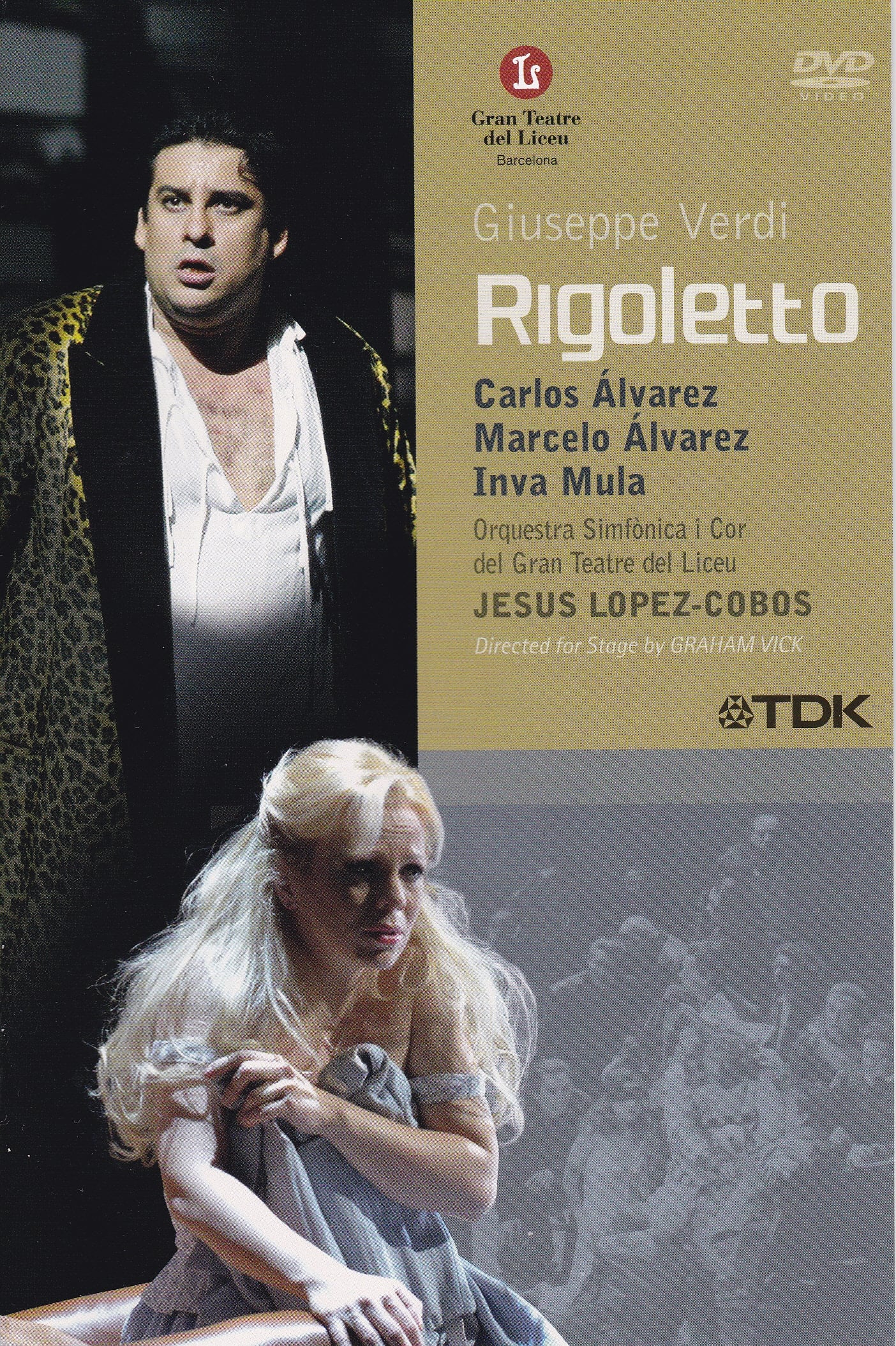
In Rigoletto, the deformed figure of the hunchbacked jester at the Mantuan court acts as a foil to his cynical and powerful master, an unscrupulous philanderer contrasted with his cruel and unforgiving fool. Rigoletto encourages and welcomes the Duke's conquests, pitilessly mocking his victims until he discovers that the Duke has abducted the one person he genuinely loves, his own daughter. As a result, the character of the court jester is transformed into a tragic figure who, in spite of his evident immorality and malice, allows us to sense the devotion he feels for his daughter and his horror at being destroyed by the same despotic world as that which he himself has helped to create.
By browsing this website, you accept our cookies policy.